Whoever Makes the Most Mistakes Wins: The Paradox of Innovation
Whoever Makes the Most Mistakes Wins
Review and Analysis of Farson and Keyes' Book
$4.99
Read more
The must-read summary of Richard Farson and Ralph Keyes’ book: “Whoever Makes the Most Mistakes Wins: The Paradox of Innovation”.
This summary of the ideas from Richard Farson and Ralph Keyes’ book “Whoever Makes the Most Mistakes Wins” shows that, in business, the concepts of “success” and “failure” are more ambiguous than most people acknowledge. Not only are there many different ways to define both of these terms but frequently, short-term failures lay the foundation for long-term success. That means these failures are an unavoidable part of the pathway to succeeding. In their book, the authors explain that companies need to encourage their innovators to learn more by making productive mistakes. In this environment, managers should worry less about rewarding success and focus more on learning from both failure and success. This summary provides the tools to achieve success in today’s environment and not be afraid of failure.
Added-value of this summary:
– Save time
– Understand key concepts
– Expand your knowledge
To learn more, read “Whoever Makes the Most Mistakes Wins” and find out how to encourage creativity for future success.
Product details
| ISBN | 9782511017043 |
|---|---|
| Publisher | BusinessNews Publishing |
| Serie | BusinessBook Summaries |
| Format | |
| Pages | 40 |
| File size | 1.4 MB |
You must be logged in to post a review.

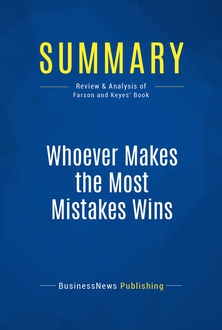
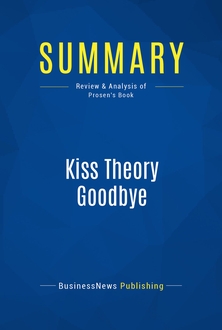
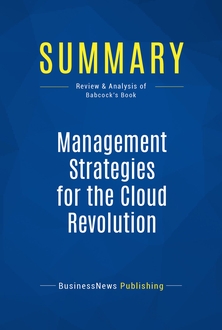
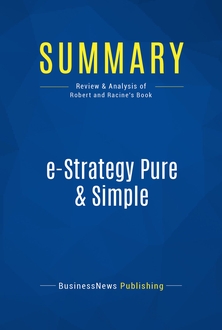
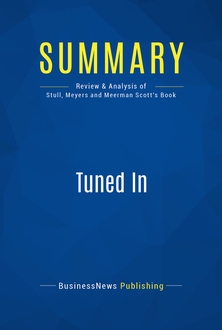
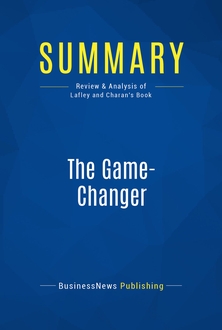
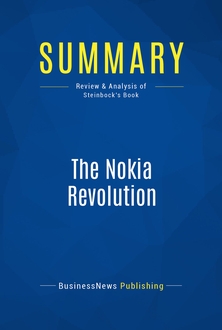
Reviews
There are no reviews yet.